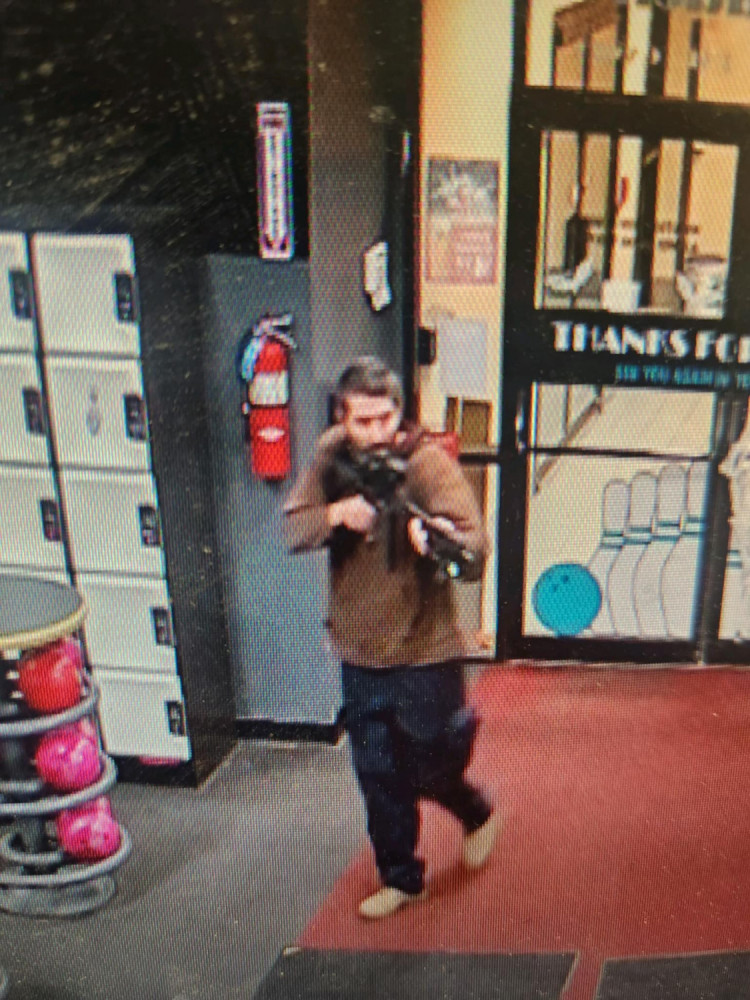In a chilling revelation, details have emerged about the Maine gunman, Robert R. Card II, and his acknowledged mental health struggles leading up to the tragic shooting that left 18 people dead. Despite multiple warning signs, Card was able to carry out two shooting rampages in Lewiston, Maine, at Just-in-Time Recreation and Schemengees Bar & Grille.
Missed Opportunities and Red Flags
Nearly three months before the tragic event, Card attempted to purchase a firearm silencer from Coastal Defense Firearms in Auburn. However, the store's owner, Rick LaChapelle, declined the sale after Card disclosed his mental health issues on a federal Form 4473. This form is crucial in determining an individual's eligibility to receive firearms or related equipment. Card's acknowledgment of his mental health issues on this form is one of the first indications of his struggles.
Despite this, Card had legally purchased his weapons, which means he successfully passed background checks that evaluate mental fitness for firearm ownership. It remains unclear if he had disclosed his mental health issues on previous forms required for weapon purchases.
In another alarming incident, Card, during a visit to a National Guard training facility outside Peekskill, New York, had a confrontation with officials. This altercation led to his evaluation at a mental health facility. However, the Maine commissioner of public safety stated that there was no evidence suggesting Card had ever been forcibly committed for mental health treatment.
Concerns Raised by the Maine National Guard
The Maine National Guard had expressed concerns about Card's mental state. In September, they requested local police to check on him after a fellow soldier feared he might "snap and commit a mass shooting." Officers from the Sagadahoc County and Kennebec County Sheriff's Offices responded but were unable to make contact with Card. The details shared with the officers painted a disturbing picture of Card's mental state.
In one incident, after a trip to a convenience store, Card accused fellow soldiers of labeling him a pedophile. This confrontation escalated, with Card becoming physically aggressive. Another alarming episode involved Card discussing shooting up places, leading to a fellow soldier's concern about a potential mass shooting.
Despite these warning signs, it appears that adequate measures were not taken to prevent Card from accessing weapons. Maine has a "yellow flag" law that can be used to assess an individual with access to weapons. However, it's unclear if any action was taken regarding Card's access to firearms.
The Tragic Outcome
The initial panic of the shooting was followed by 48 hours of fear and lockdown before Card was found dead from an apparent self-inflicted gunshot wound. The tragedy has raised serious questions about the lack of follow-through to ensure Card was not a danger, despite the clear warning signs.
The aftermath of the shooting has left the community and the nation grappling with grief and searching for answers. The incident underscores the importance of timely interventions and the need for a more robust system to address potential threats.




